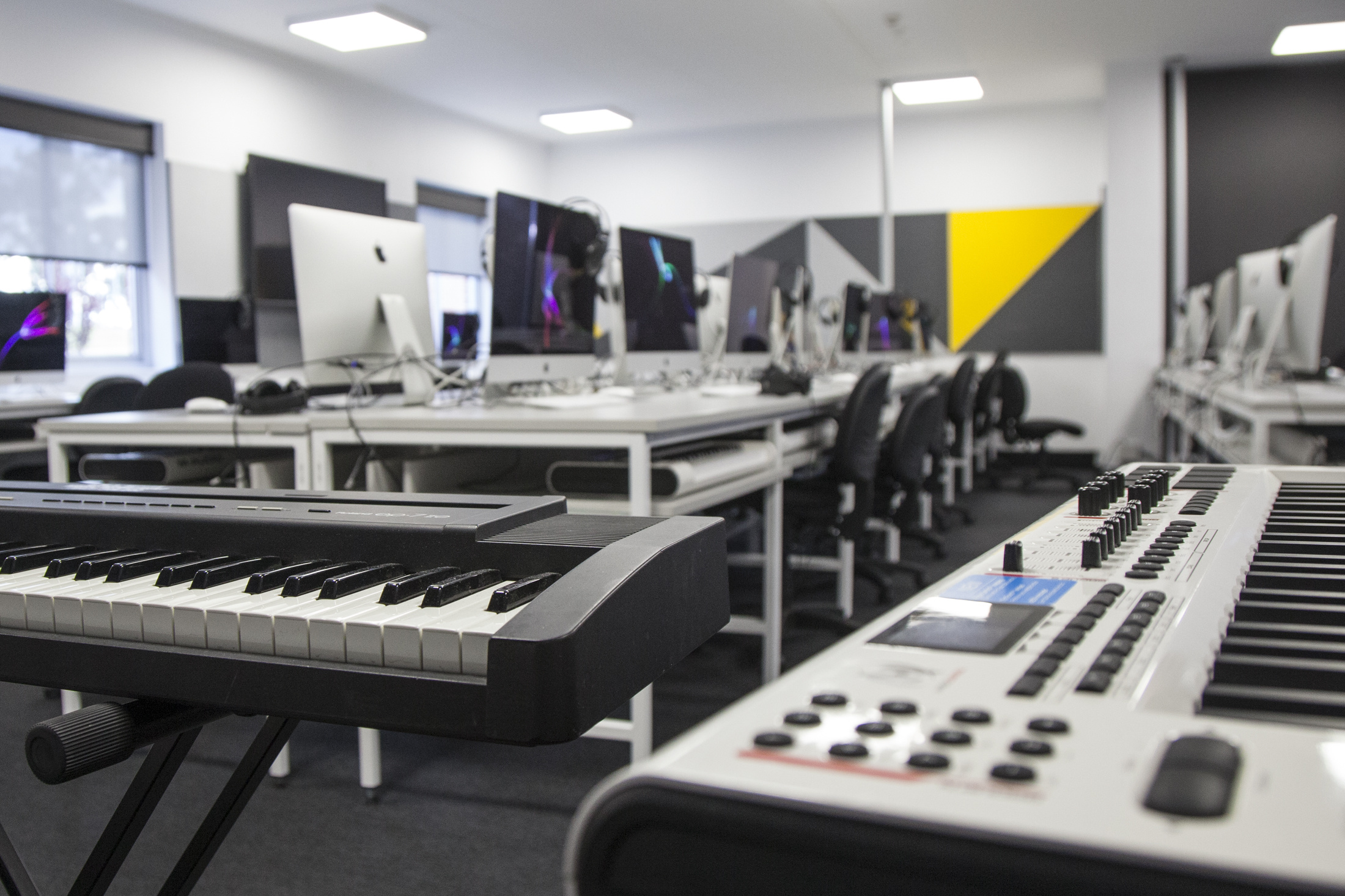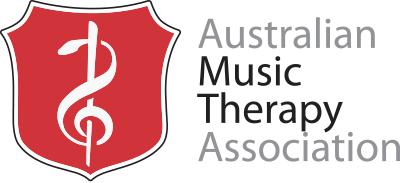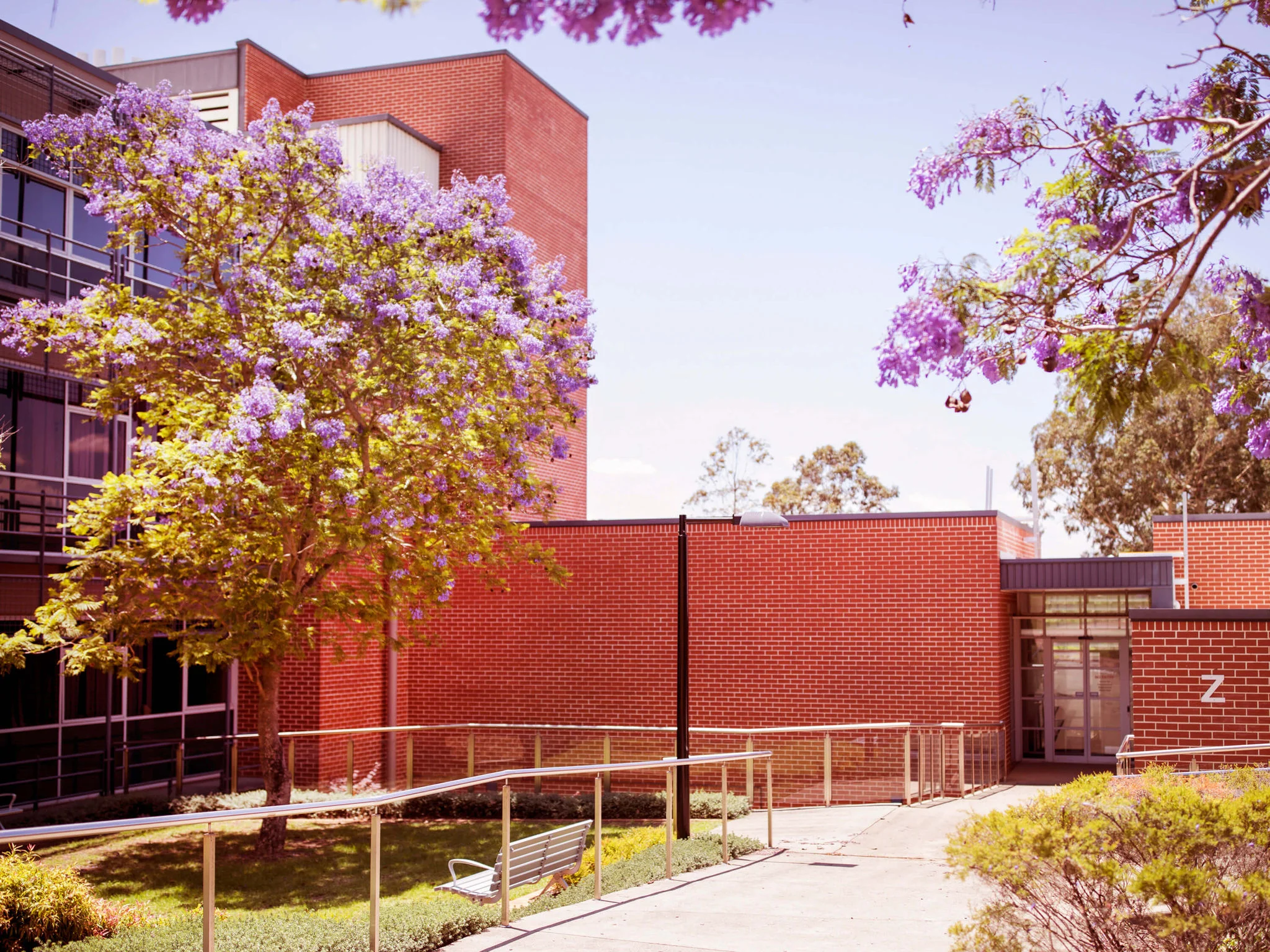Study and save: Discounted student fees are available through Commonwealth Supported Places (CSPs) when undertaking this course in 2026.
Be a part of a vibrant and dynamic program of study, where you will engage in a creative learning approach on your journey to becoming a career-ready Registered Music Therapist (RMT). As a graduate of this program, you would be joining an evidence-based allied health profession, in which music is used to support people of all ages and life stages (some through the National Disability Insurance Scheme) within the domain areas of cognition, communication, movement, social engagement and emotional wellbeing.








